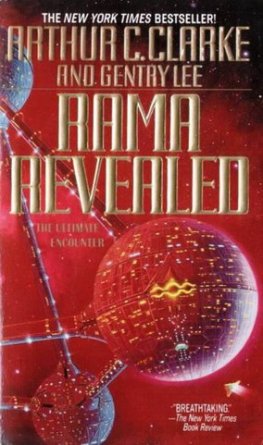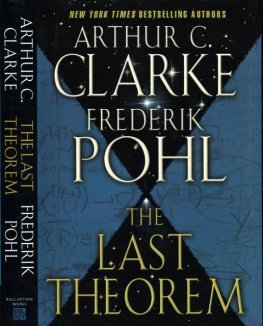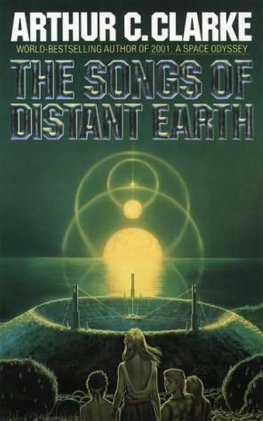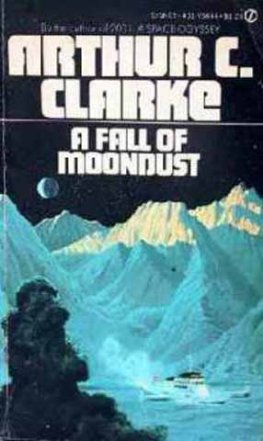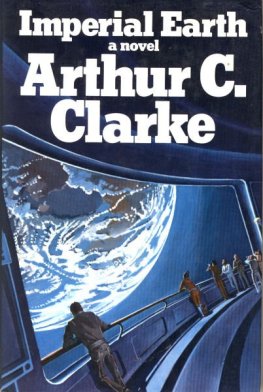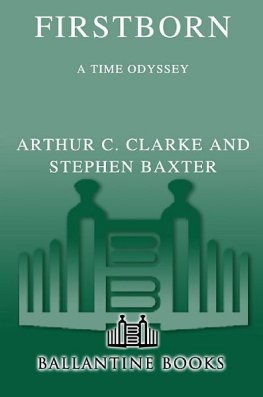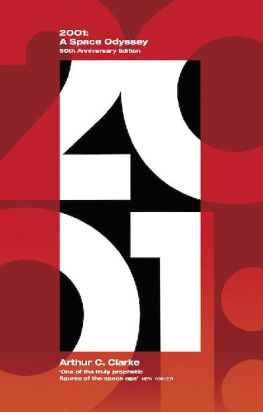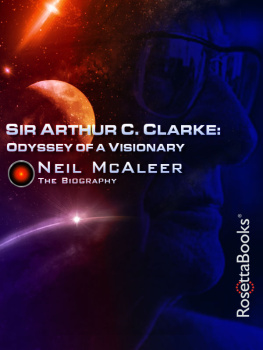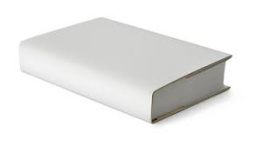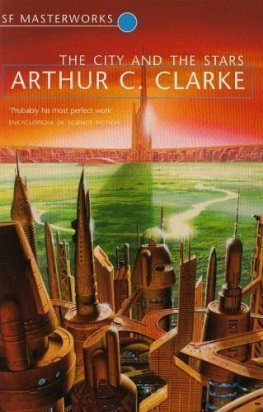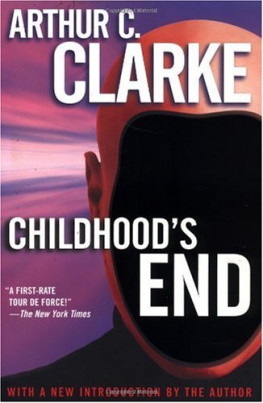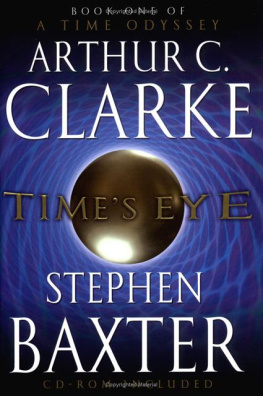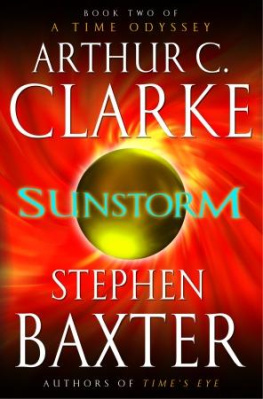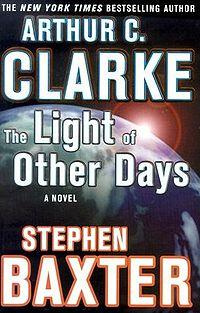Arthur Clarke - Security Check
Here you can read online Arthur Clarke - Security Check full text of the book (entire story) in english for free. Download pdf and epub, get meaning, cover and reviews about this ebook. year: 1956, genre: Science fiction. Description of the work, (preface) as well as reviews are available. Best literature library LitArk.com created for fans of good reading and offers a wide selection of genres:
Romance novel
Science fiction
Adventure
Detective
Science
History
Home and family
Prose
Art
Politics
Computer
Non-fiction
Religion
Business
Children
Humor
Choose a favorite category and find really read worthwhile books. Enjoy immersion in the world of imagination, feel the emotions of the characters or learn something new for yourself, make an fascinating discovery.

- Book:Security Check
- Author:
- Genre:
- Year:1956
- Rating:5 / 5
- Favourites:Add to favourites
- Your mark:
- 100
- 1
- 2
- 3
- 4
- 5
Security Check: summary, description and annotation
We offer to read an annotation, description, summary or preface (depends on what the author of the book "Security Check" wrote himself). If you haven't found the necessary information about the book — write in the comments, we will try to find it.
Security Check — read online for free the complete book (whole text) full work
Below is the text of the book, divided by pages. System saving the place of the last page read, allows you to conveniently read the book "Security Check" online for free, without having to search again every time where you left off. Put a bookmark, and you can go to the page where you finished reading at any time.
Font size:
Interval:
Bookmark:
Security Check
by Arthur C. Clarke
It is often said that in our age of assembly lines and mass production theres no room for the individual craftsman, the artist in wood or metal who made so many of the treasures of the past. Like most generalizations, this simply isnt true. Hes rarer now, of course, but hes certainly not extinct. He has often had to change his vocation, but in his modest way he still flourishes. Even on the island of Manhattan he may be found, if you know where to look for him. Where rents are low and fire regulations unheard of, his minute, cluttered workshops may be discovered in the basements of apartment houses or in the upper storeys of derelict shops. He may no longer make violins or cuckoo clocks or music boxes, but the skills he uses are the same as they always were, and no two objects he creates are ever identical. He is not contemptuous of mechanization: you will find several electric hand tools under the debris on his bench. He has moved with the times: he will always be around, the universal odd-job man who is never aware of it when he makes an immortal work of art.
Hans Mullers workshop consisted of a large room at the back of a deserted warehouse, no more than a vigorous stones throw from the Queensborough Bridge. Most of the building had been boarded up awaiting demolition, and sooner or later Hans would have to move. The only entrance was across a weed-covered yard used as a parking place during the day, and much frequented by the local juvenile delinquents at night. They had never given Hans any trouble, for he knew better than to cooperate with the police when they made their periodic inquiries. The police fully appreciated his delicate position and did not press matters, so Hans was on good terms with everybody. Being a peaceable citizen, that suited him very well.
The work on which Hans was now engaged would have deeply puzzled his Bavarian ancestors. Indeed, ten years ago it would have puzzled Hans himself. And it had all started because a bankrupt client had given him a TV set in payment for services rendered
Hans had acepted the offer reluctantly, not because he was old-fashioned and disapproved of TV, but simply because he couldnt imagine where he could find time to look at the darned thing. Still, he thought, at least I can always sell it for fifty dollars. But before I do that, lets see what the programmes are like
His hand had gone out to the switch: the screen had filled with moving shapesand, like millions of men before him, Hans was lost. He entered a world he had not known existeda world of battling spaceships, of exotic planets and strange racesthe world, in fact, of Captain Zipp, Commander of the Space Legion.
Only when the tedious recital of the virtues of Crunche, the Wonder Cereal, had given way to an almost equally tedious boxing match between two muscle-bound characters who seemed to have signed a nonaggression pact, did the magic fade. Hans was a simple man. He had always been fond of fairy talesand this was the modern fairy tale, with trimmings of which the Grimm Brothers had never dreamed. So Hans did not sell his TV set.
It was some weeks before the initial naive, uncritical enjoyment wore off. The first thing that began to annoy Hans was the furniture and general decor in the world of the future. He was, as has been indicated, an artistand he refused to believe that in a hundred years taste would have deteriorated as badly as the Crunche sponsors seemed to imagine.
He also thought very little of the weapons that Captain Zipp and his opponents used. It was true that Hans did not pretend to understand the principles upon which the portable proton disintegrator was based, but however it worked, there was certainly no reason why it should be that clumsy. The clothes, the spaceship interiorsthey just werent convincing. How did he know? He had always possessed a highly developed sense of fitness of things, and it could still operate even in this novel field.
We have said that Hans was a simple man. He was also a shrewd one, and he had heard that there was money in TV. So he sat down and began to draw.
Even if the producer of Captain Zipp had not lost patience with his set designer, Hans Mullers ideas would certainly have made him sit up and take notice. There was an authenticity and realism about them that made them quite outstanding. They were completely free from the element of phonyness that had begun to upset even Captain Zipps most juvenile followers. Hans was hired on the spot.
He made his own conditions, however. What he was doing he did largely for love, notwithstanding the fact that it was earning him more money than anything he had ever done before in his life. He would take no assistants, and would remain in his little workshop. All that he wanted to do was to produce the prototypes, the basic designs. The mass production could be done somewhere elsehe was a craftsman, not a factory.
The arrangement had worked well. Over the last six months Captain Zipp had been transformed and was now the despair of all the rival space operas. This, his viewers thought, was not just a serial about the future. It was the futurethere was no argument about it. Even the actors seemed to have been inspired by their new surroundings: off the set, they sometimes behaved like twentieth-century time travellers stranded in the Victorian Age, indignant because they no longer had access to the gadgets that had always been part of their lives.
But Hans knew nothing about this. He toiled away happily, refusing to see anyone except the producer, doing all his business over the telephoneand watching the final result to ensure that his ideas had not been mutilated. The only sign of his connection with the slightly fantastic world of commercial TV was a crate of Crunche in one corner of the workshop. He had sampled one mouthful of this present from the grateful sponsor and had then remembered thankfully that, after all, he was not paid to eat the stuff.
He was working late one Sunday evening, putting the final touches to a new design for a space helmet, when he suddenly realized that he was no longer alone. Slowly he turned from the workbench and faced the door. It had been lockedhow could it have been opened so silently? There were two men standing beside it, motionless, watching him. Hans felt his heart trying to climb into his gullet, and summoned up what courage he could to challenge them. At least, he felt thankfully, he had little money here. Then he wondered if, after all, this was a good thing. They might be annoyed
Who are you? he asked. What are you doing here?
One of the men moved towards him while the other remained watching alertly from the door. They were both wearing very new overcoats, with hats low down on their heads so that Hans could not see their faces. They were too well dressed, he decided, to be ordinary hold-up men.
Theres no need to be alarmed, Mr Muller, replied the nearer man, reading his thoughts without difficulty. This isnt a hold-up. Its official. Were fromSecurity.
I dont understand.
The other reached into a portfolio he had been carrying beneath his coat, and pulled out a sheaf of photographs. He riffled through them until he had found the one he wanted.
Youve given us quite a headache, Mr Muller. Its taken us two weeks to find youyour employers were so secretive. No doubt they were anxious to hide you from their rivals. However, here we are and Id like you to answer some questions.
Im not a spy! answered Hans indignantly as the meaning of the words penetrated. You cant do this! Im a loyal American citizen!
The other ignored the outburst. He handed over the photograph.
Do you recognize this? he said.
Yes. Its the inside of Captain Zipps spaceship.
And you designed it?
Yes.
Another photograph came out of the file.
Font size:
Interval:
Bookmark:
Similar books «Security Check»
Look at similar books to Security Check. We have selected literature similar in name and meaning in the hope of providing readers with more options to find new, interesting, not yet read works.
Discussion, reviews of the book Security Check and just readers' own opinions. Leave your comments, write what you think about the work, its meaning or the main characters. Specify what exactly you liked and what you didn't like, and why you think so.

